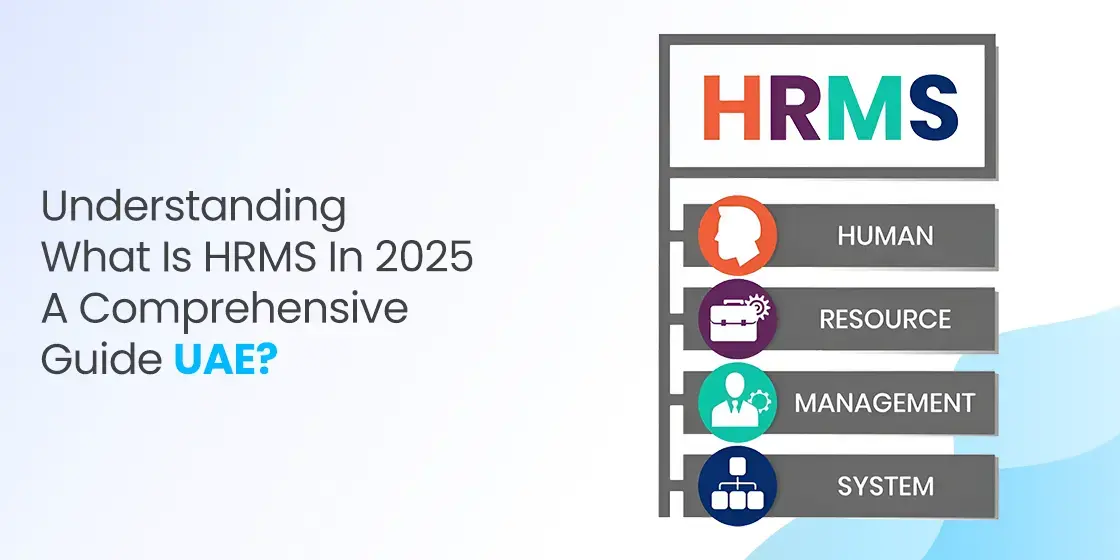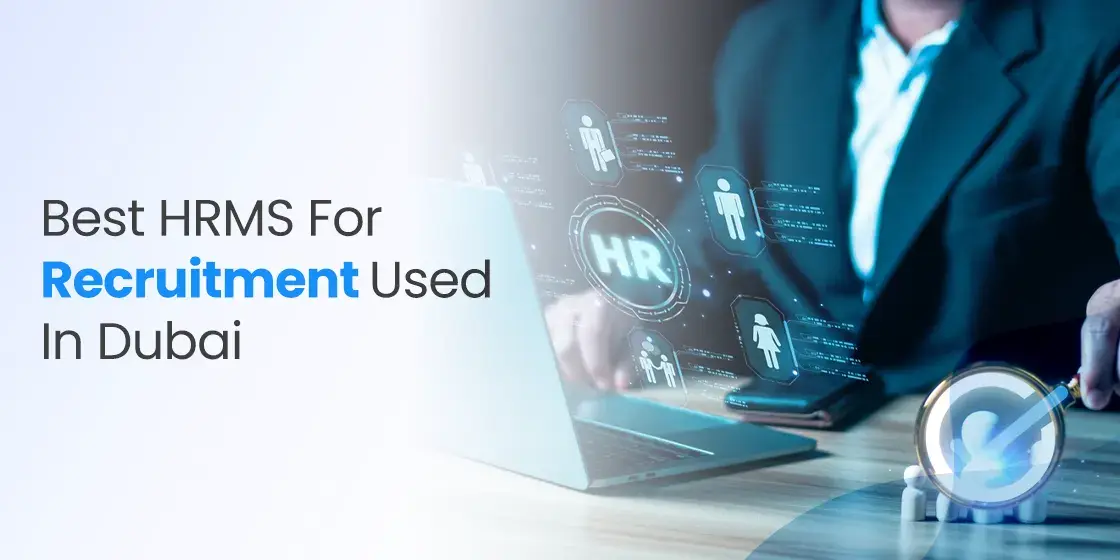Table of Content
Discover What is A HRMS Solution and Why Is It Important Today
The management of human capital today has grown above traditional administration to become of strategic importance for organizational success. Human Resource Management Systems (HRMS) have emerged as indispensable technological solutions with the rise of remote and global workspaces.
These sophisticated software platforms integrate and automate a wide array of HR functions, moving beyond simple record-keeping to provide comprehensive tools for various HR activities. From activities like talent acquisition, employee management, performance evaluation, compensation and benefits administration, to learning and development, and workforce analytics, understanding what is an HRMS can be quite confusing.
In this comprehensive guide, we will dive into the intricacies of HRMS in 2025, exploring its core definition, strategic importance, key features, and the reasons why businesses are increasingly adopting these powerful solutions to empower their human capital management strategies. Let’s discover why enterprise software development services are increasingly focusing on offering custom HRMS solutions today.
Understanding the Human Resource Management Software System

A Human Resource Management System (HRMS), also known as a Human Capital Management (HCM) system, is an integrated software solution designed to manage and automate a wide range of human resources functions within an organization.
It serves as a central repository for all employee-related data and provides tools to streamline HR processes, reduce manual tasks, improve accuracy, and enhance the overall efficiency of the HR department. In essence, an HRMS acts as a digital backbone for managing the entire employee lifecycle, from recruitment and onboarding to retirement or separation.
The core architecture of an HRMS typically comprises various interconnected modules that address specific HR functions. The best HRMS for recruitment often include:
- Recruitment and Applicant Tracking (ATS) for managing job postings, applications, candidate communication, and the hiring process;
- Onboarding for streamlining the process of integrating new hires into the organization;
- Employee Data Management for securely storing and managing employee personal information, job history, compensation details, and other relevant data;
- Payroll Management for automating payroll processing, tax calculations, and deductions;
- Benefits Administration for managing employee benefits programs, enrollment, and eligibility;
- Time and Attendance for tracking employee work hours, leave requests, and attendance records;
- Performance Management for facilitating goal setting, performance reviews, and feedback processes;
- Learning and Development (LMS) for managing employee training programs and professional development initiatives;
- HR Analytics and Reporting for generating insights from HR data to support strategic decision-making.
Why Are HRMS Systems Important in Today’s Business Environment?

With the evolving and increasingly complex business environment of 2025, the importance of HRMS systems has become more pronounced than ever. Several key factors contribute to this growing significance, making HRMS solutions essential for organizations of all sizes and across various industries.
Managing a Diverse and Distributed Workforce
HRMS systems provide the tools and infrastructure necessary to effectively manage employees regardless of their location, time zone, or employment type. Features such as online portals, self-service options, and digital communication tools enable seamless interaction and access to HR information for all employees.
Attracting, Retaining, and Developing Top Talent
Organizations need sophisticated tools to attract, engage, and retain high-performing employees. HRMS systems with robust recruitment and applicant tracking modules streamline the hiring process. Performance management and learning and development modules enable organizations to set clear goals, provide continuous feedback, identify skill gaps, and offer personalized training opportunities.
Build your project with a skilled and dedicated team. Experience a collaborative and transparent approach.
Build My TeamEnsuring Compliance and Mitigating Risk
HRMS systems help organizations stay compliant by automating processes, tracking employee data accurately, and providing alerts for important deadlines and regulatory changes. Features such as automated record-keeping, audit trails, and reporting capabilities help mitigate the risk of legal penalties and ensure adherence to industry standards.
Driving Efficiency and Reducing Administrative Burden
Manual HR processes are often time-consuming, error-prone, and inefficient. HRMS systems automate many routine administrative tasks, such as payroll processing, benefits enrollment, leave management, and onboarding paperwork. This frees up HR professionals to focus on more strategic initiatives, such as talent development, employee engagement, and organizational planning, a focus of many of the best HR consultancy companies in Dubai and other emerging markets.
Leveraging Data for Strategic Decision-Making
Modern HRMS solutions are equipped with powerful analytics and reporting capabilities. By tracking key metrics such as employee turnover rates, time-to-hire, training effectiveness, and compensation costs, organizations can gain a deeper understanding of their workforce and make data-driven decisions to optimize HR strategies. Moreover, they can improve employee performance, and align HR initiatives with overall business goals.
Features That Define Successful HRMS Systems
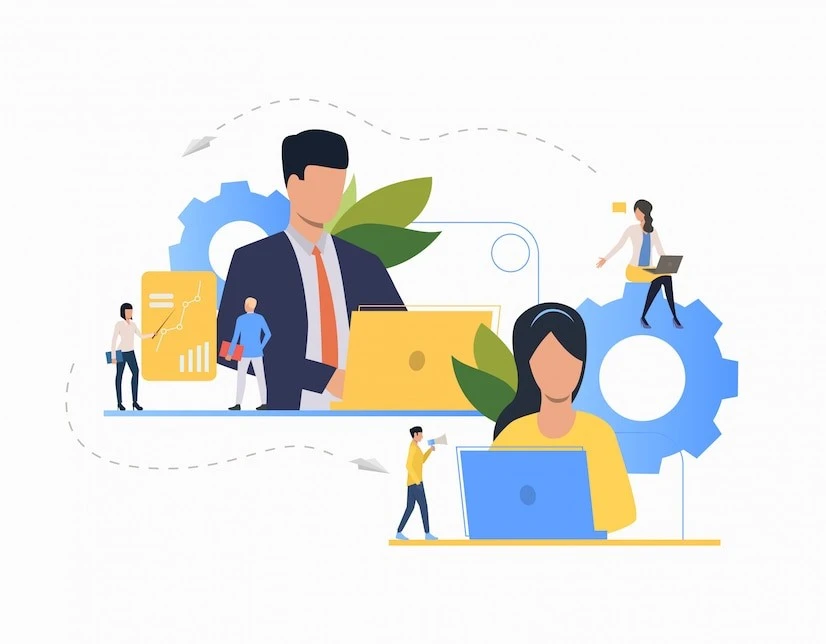
Successful HRMS systems are characterized by a comprehensive suite of integrated features and tools that go beyond basic HR administration, thus empowering strategic human capital management. Let’s take a look at them in detail to know how to choose the best HR software in UAE, US, Europe, or globally.
Integrated Talent Management Suite
A modern HRMS seamlessly integrates all aspects of the talent lifecycle, from attracting and recruiting top candidates through sophisticated Applicant Tracking Systems (ATS) with AI-powered resume screening and candidate communication tools, to smooth and efficient onboarding processes with digital workflows and self-service portals.
It further includes robust performance management modules that facilitate goal setting, continuous feedback mechanisms, 360-degree reviews, and performance appraisals. Crucially, it incorporates Learning and Development (LMS) functionalities that enable organizations to create, deliver, and track personalized training programs, identify skill gaps, and foster employee growth and development.
Employee Self-Service (ESS) and Manager Self-Service (MSS) Portals
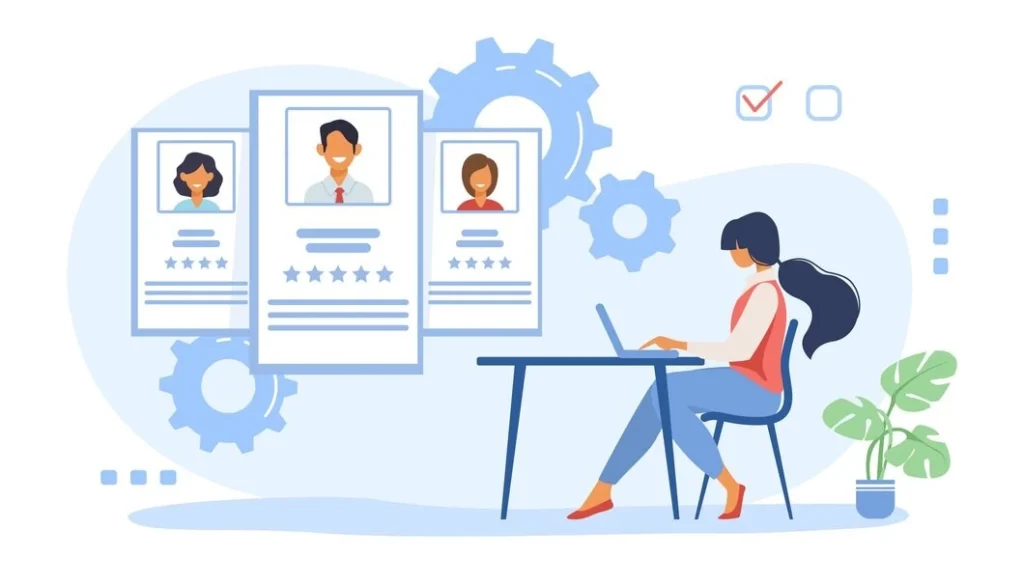
Successful HRMS platforms empower employees and managers with self-service capabilities, reducing the administrative burden on the HR department and increasing employee autonomy. ESS portals allow employees to access and manage their personal information, view pay stubs and benefits details, request time off, enroll in training programs, and update their profiles.
MSS portals provide managers with tools to manage their team members, approve leave requests, access team performance data, initiate performance reviews, and manage onboarding tasks for their direct reports. These self-service features enhance efficiency, improve data accuracy, and provide employees and managers with greater control over their HR-related information and processes.
Advanced HR Analytics and Reporting Capabilities
Modern HRMS solutions are equipped with sophisticated analytics and reporting tools that enable organizations to gain valuable insights from their HR data. This includes the ability to generate standard and customized reports on key HR metrics, track trends, identify patterns, and measure the impact of HR initiatives.
Advanced analytics features may include predictive analytics to forecast employee turnover risk, identify high-potential employees, and optimize talent acquisition strategies. Customizable dashboards provide HR professionals and business leaders with real-time visibility into critical workforce data, enabling data-driven decision-making and strategic workforce planning.
Mobile Accessibility and User-Friendly Interface

In the mobile-first world of 2025, a successful HRMS must offer seamless mobile accessibility, allowing employees and managers to access critical HR information and perform tasks from their smartphones and tablets. A user-friendly and intuitive interface is also paramount for driving adoption and maximizing the effectiveness of the system.
The design should be clean, easy to navigate, and optimized for various screen sizes. Features such as mobile notifications, responsive design, and intuitive workflows ensure a positive user experience for all employees, regardless of their technical proficiency or device preference.
Robust Security and Compliance Features
Given the sensitive nature of employee data, security and compliance are non-negotiable features of a successful HRMS. The system must incorporate robust security measures to protect employee information from unauthorized access, data breaches, and cyber threats.
This includes data encryption, access controls, audit trails, and regular security updates. Furthermore, the HRMS should be equipped to handle evolving legal and regulatory requirements, such as data privacy laws (e.g., GDPR, CCPA), labor laws, and industry-specific compliance standards, providing tools to ensure adherence and mitigate risk.
Why Should Your Business Use an HRMS Solution?
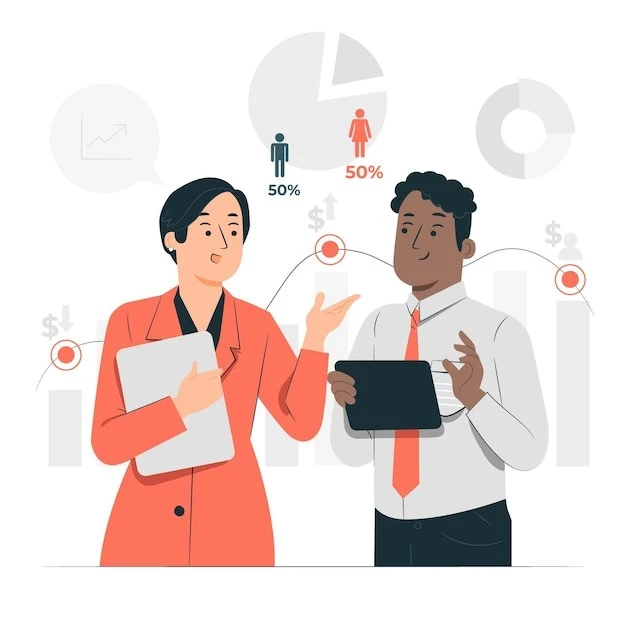
In the competitive and rapidly changing business landscape of 2025, the adoption of an HRMS solution offers numerous compelling benefits that can significantly empower organizations and contribute to their overall success.
- Enhanced Efficiency and Productivity: By automating a wide range of manual and time-consuming HR tasks, such as payroll processing, benefits administration, and leave management, an HRMS significantly increases the efficiency of the HR department.
- Improved Data Accuracy and Consistency: Centralizing all employee-related data in a single, integrated HRMS database eliminates data silos and inconsistencies that can arise from using disparate spreadsheets and manual record-keeping.
- Better Employee Experience and Engagement: A modern HRMS can significantly enhance the employee experience by providing user-friendly self-service portals, streamlined HR processes, and improved communication. Easy access to personal information, benefits details, and training resources empowers employees and increases their autonomy.
- Strategic Workforce Planning and Decision-Making: The advanced analytics and reporting capabilities of an HRMS provide valuable insights into the workforce, enabling data-driven strategic planning. By tracking key HR metrics and identifying trends, organizations can make informed decisions about talent acquisition, workforce development, compensation strategies, and overall organizational planning.
- Ensuring Compliance and Reducing Risk: In the complex regulatory environment of 2025, an HRMS plays a crucial role in helping businesses stay compliant with labor laws, data privacy regulations, and industry-specific requirements. Automated processes, accurate record-keeping, and built-in compliance features minimize the risk of legal penalties and ensure adherence to evolving regulations.
Conclusion
Today, a robust Human Resource Management System is no longer just a tool for HR administration but a strategic asset that empowers businesses to effectively manage their most valuable resource. By integrating and automating core HR functions, providing valuable insights through data analytics, and enhancing the employee experience, HRMS solutions enable organizations to attract, retain, and develop top talent, drive operational efficiency, ensure compliance, and ultimately achieve their business objectives.
As the workforce becomes more diverse, distributed, and technologically savvy, knowing what is an HRMS and adopting it is a critical step for businesses looking to thrive in the future of work.

Empower your digital journey with StruqtIO - Your dedicated partner for cutting-edge custom software development, innovation, and digital transformative solutions. Harness the power of technology to elevate your business and redefine your digital landscape today.
